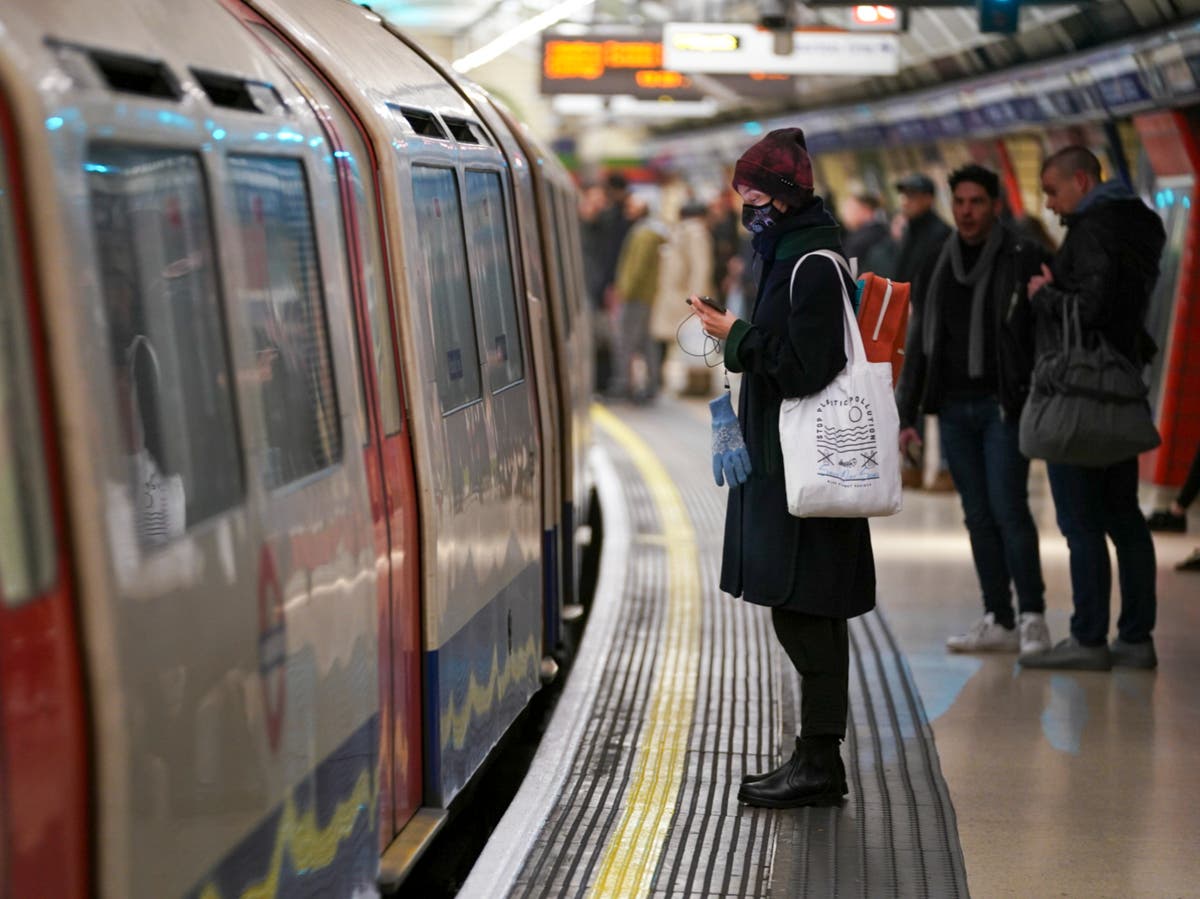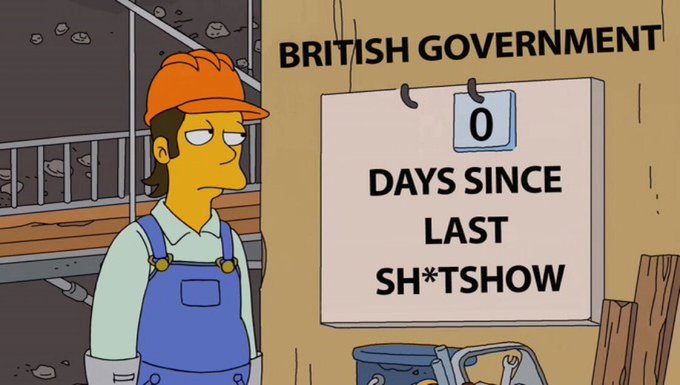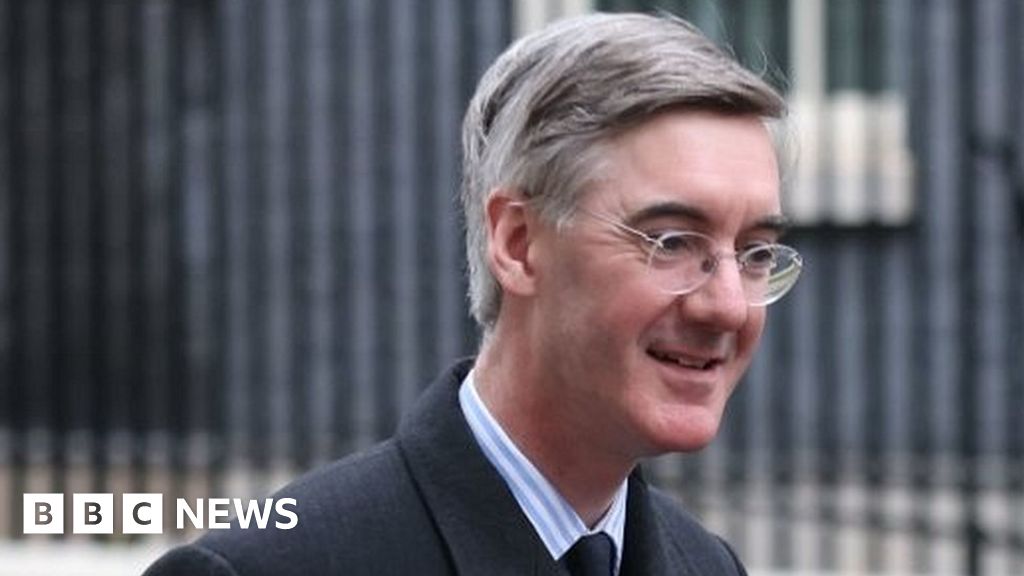International Men’s Day—I am not really a fan of these days. We seem to have a day for everything at present. However, as someone who cares deeply about preventing young boys and men from being left behind, it is fitting that I lead today’s debate. In recent years, there has been a creeping narrative that males have it easy; that their life is a breeze and there is nothing to complain about. My standing here may, in fact, be used as evidence of that, yet it is clear that life is tough for many men and young boys, and many of our boys in schools are far from privileged. I certainly was not; in fact, I came from what I would consider a pretty standard working-class background. I do not begrudge that fact at all, because coming from such a background gave me the attitude that if I did not do something myself, no one else would. That attitude is what put me here.
However, it is clear that many young men and boys are struggling and, for whatever reason, are lacking the can-do attitude that will enable them to get on in life. The statistics speak for themselves: as a whole, men and boys are doing disproportionately poorly in education and health settings. To give a few statistics, boys are lagging behind at school, especially in maths and English. Some 13.2% of men are not in employment or education; the equivalent figure for women is 10%. Suicide rates for men are three times higher than they are for women. Life expectancy for a man today is four years lower than for a woman, 83% of rough sleepers are men, and a staggering 96% of the prison population are male. While I do not believe that men are a wholly victimised group, it is clear that if we witnessed such disparities between other groups, there would quite rightly be uproar. However, such statistics do not generate the headlines they should, because issues that affect men do not seem urgent enough to talk about.
Why is that the case? Personally, I believe that this place operates like a pendulum, swinging from left to right as it continually struggles to correct wrongs and injustices. That is a very noble endeavour that has been pursued in this great institution for many centuries. However, I am afraid that the pendulum often swings so far that reaching an equilibrium is no longer the objective. As such, over the decades during which this place has rightly corrected society’s injustices—empowering females and protecting sexual and ethnic minorities from discrimination—we have unfortunately left the struggles of many males out of the discussion. Some may say that men have had their turn, and it is women’s turn now. I find that poor argument rather infantile, yet it is something I have heard within these walls during private discussions, and it is a narrative that I feel has penetrated popular discourse.
I am in no way denying that men have had many opportunities that women have not had, and that remains the case in too many instances. That is wrong and should be continually challenged and put right. However, such a wrong should not be corrected by simply ignoring the issues that many men and boys face. As the saying goes, “Two wrongs don’t make a right.” So what can we do? And why did coming from such a working-class background not stop me from reaching the position I am in now?
First, we must consider the need for boys to have male role models, just as they need female ones. The need for such male role models is highlighted by groups such as Lads Need Dads, a fantastic charity that has done some excellent work in encouraging boys to pursue their passions and to learn skills from male volunteers. The results speak for themselves, and I urge all Members here to look into the organisation’s work and to promote the group in their constituencies It is time that we recognised the need for positive male role models for our boys. After all, failure to do so will only mean that boys continue to be let down.
Secondly, we clearly need more male teachers in our schools if we are to address some of the educational disparities that I touched on earlier. I have spoken to teachers in Don Valley who said that the poor behaviour of young boys with no positive male role models at home is often exacerbated by the lack of male role models at school. Consequently, I say to the Minister that an active campaign to encourage men to become teachers ought to be a fundamental part of the teacher recruitment and retention policy.
Thirdly, it is clear that boys need to have their own clubs, just as girls need their own clubs. It is indeed a wonderful thing that women’s football is on TV, and it is terrific that female tennis stars are finally starting to be paid as much as their male counterparts. As the father of a daughter, I applaud all who have corrected that wrong and hundreds of other injustices. Yet I will also reiterate something that seems very topical at the moment, although much more for women than men, which is the need to have their own identity and for masculinity to be something that can be celebrated at times rather than being continually vilified.
Everywhere, not least within the cultural sphere, there seems to be a call from a tiny yet very vocal minority that every male character or good role model must have a female replacement. One only needs to consider the discussions about who will next play the James Bond to see that. And it is not just James Bond. In recent years, we have seen Dr Who, the Ghostbusters, Luke Skywalker and The Equalizer all replaced by women, and men are left with the Krays and Tommy Shelby. Is it any wonder that so many young men are committing crimes? Such programmes make crime look cool. Trust me, a lifetime in prison is not cool, and neither is living with the memory of a stabbed son or daughter.
There is no doubt that we have witnessed awful events over the past year in which the victims have been women. Being the father of a daughter, as I have mentioned, my heart goes out to the victims of such crimes and their families. Yet the awful events that have taken place have led, in many ways, to the word “masculinity” being preceded by the word “toxic” more and more frequently in our public discourse. Yet again, we have to ask ourselves, “Who does this help?” I have an answer: no one. How will this situation make boys and young men see themselves? Poorly, that is how.
If we are to strive to be a safe and inclusive society, we should not vilify 50% of the population and neither should we immediately vilify the term “masculinity”. That is because, just as I hope all women love being women, I love being a man. Most of my friends are men. Indeed, coming from an electrical engineering background, most of my former colleagues are men. My understanding of the world has largely been shaped by the fact that I am a man. I do not think that being a man makes me superior in any way, yet being male is an essential part of my identity, and just as with any other identity—whether religious or ethnic—I believe that male identity should be celebrated, not vilified.
Some may argue that I did not choose to be born male and so it is ridiculous for male identity to be celebrated. I do not suspect that anyone would say that about any other identity. In short, I believe that we should encourage boys and young men to be proud of being men, because it is important for boys to know that, as males, they can make a positive difference to society.
Following on from that, I will just go back to how I ended up here in Parliament. First and foremost, I came from what I believe was a very good home. I was lucky to have good parents and two wonderful brothers. Overall, I was surrounded by excellent role models, who often told me, “Don’t say ‘I can’t’. Say ‘I can’ and ‘I will’.” I did, and look where it got me.
I also went to a great school with the best headteacher, Mr Stephenson, who knew what it was to be a great role model, and I thank him for the time he spent with me. I went to Scouts, practised taekwondo, and became an apprentice at 16. Throughout that time I was surrounded by male role models, many of whom were very good, speaking positively about each other and where they lived. If more of our boys and young men had that experience, we could make enormous strides for the most disadvantaged of boys.
Going back to the earlier mentioned statistics on education, some excellent research contained in the report by the all-party parliamentary group on issues affecting men and boys, “A Boy Today”, highlights some of the reasons why boys may be disadvantaged. One such reason is that boys are likely to be taught better in a vocational setting, than in a classroom. The
Government must take this seriously and tackle the fact that boys generally do much worse in a classroom setting.
Speaking from a personal perspective, I can see why this may be relevant to many boys in education. I can completely relate, because I am an action person. I prefer to learn something on the job and for a reason, after which I like to put it into practice. Basically, I just like getting on with it. I can imagine many boys and young men in education feel the same.
We need to find out what the boys who do not do well in traditional educational settings are good at and provide the resources to support them. If it is something out of school, it should, where possible, be brought into school, even if it is just an assembly piece. While we should encourage and champion all children, research suggests boys are much less likely to push themselves, so this needs to be addressed at every opportunity.
In school, the workplace and home, we should also begin to recognise that language is most important. Negativity is never the right approach. One of the greatest lessons I learned as a parent and an employer of many young male apprentices over the years is that we must speak positively in front of young people. Any concerns should be addressed privately with other adults who are responsible for the child’s development or young person’s progression. Telling a young person they are useless or will never achieve is catastrophic. This kind of language is too often directed at boys. I have witnessed it myself.
When a young boy hears such things and continually hears masculinity linked to toxicity in societal discourse, it is no wonder that many suffer from feelings of worthlessness and isolation. I never felt left behind or disadvantaged, because no one told me I was. Instead, I had positive role models who took the time to teach me what an upstanding man should be. We need more of that these days in youth clubs, schools and homes.
I say to the House and the Minister, let us provide families up and down the country with the help and support they need, but let some of that help be directed to our boys and young men. Let us do all we can to introduce policies that help to build strong families. Let us help our communities organise themselves around assisting young boys to turn into great men—great men who can look after themselves, lead and be role models for the next generation.
However, this quest to uplift young men and boys must not come at the expense of the progress women are making in all walks of society. That is especially true after this year’s events, which have shone a light on how many women feel vulnerable in many situations. That is clearly not right. As has been pointed out, men have a role to play in solving this societal issue, yet this cannot be done by vilifying men. Instead, it can be achieved only if we encourage young men and boys in educational and family settings to think highly of themselves and be respectful of others, particularly women.
Therefore, we need to encourage a type of masculinity that promotes individual responsibility, educational achievement and looking out for people, especially women. We should also teach young boys in the classroom and at home not to objectify women, but to be much more like the moral, upstanding male role models who were in my life growing up.
As espoused by Lads Need Dads, give a young lad a good dad or a male model, teach him what is right and what is wrong, watch what he watches—I cannot stress that enough—and who his influences are. Teach him to be proud of what he is—a boy—because from this you will get a man who is an asset to society, a fantastic son or husband and may be even a fantastic dad.
As a society we should continue our pursuit of inclusiveness, but not so that policy makers forget half of society. If we get that right, we should need fewer police, not more. We should need fewer courts, not more. We should need fewer prisons, not more. This is a long game; we need to help men at all stages of their lives. Some are already in a bad place, and we need to help them, but we also need to prevent our next generation from following them. Addressing the disparity that many men and young boys face should be a long-term goal; one that recognises that there will be no quick fixes. However, with a clear strategy and the right people, good things can happen.
Let us celebrate International Men’s Day each and every year by speaking men up, not talking them down, and by speaking well of our sons, our dads, our brothers and our husbands. If we speak well of them, highlighting whenever we can their good points and not their bad, then we will watch them bloom, trust me. They will bloom into someone who is an asset to society, someone to rely on, someone to be proud of and someone who is, most of all, a good man.
Source:
https://hansard.parliament.uk/Commo...ribution-6301F01B-D55B-441B-B54D-D61E63C85AE9

www.independent.co.uk




